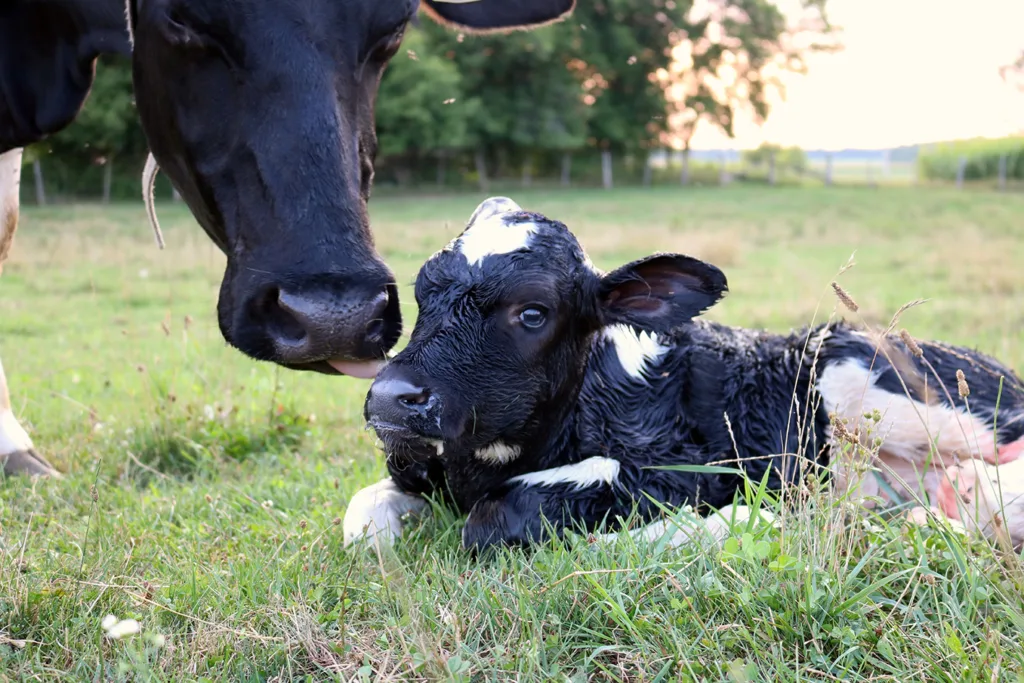Our government’s plan to reverse the live animal export ban risks animal welfare and New Zealand’s reputation. Help us take a stand against this move by sending and sharing this letter.
This letter exposes the flaws in the coalition government’s arguments for the reinstatement of live animal exports and emphasises the significance of safeguarding our economy, reputation, and animal welfare standards. It is crucial to counteract the government’s plan, which poses risks to both the well-being of animals and New Zealand’s standing.
Join us in opposing this decision by sending this letter and sharing this link within your network. Let’s safeguard ethical practices and our nation’s reputation together.
Act now to maintain the ban. Thank you for making a difference.
View the Full Letter
TO:
Rt Hon Christopher Luxon
Hon Todd McClay, Minister of Trade, Minister of Agriculture
Hon Andrew Hoggard, Associate Minister of Agriculture (Animal Welfare, Skills)
CC:
Rt Hon Winston Peters
Hon David Seymour
Dear Prime Minister and Ministers,
I am writing to express my deep concern regarding the coalition agreement to overturn the ban on the live export of animals by sea. My reasons are set out below.
1 Reversing the ban will harm New Zealand’s billion-dollar Image
The ban on live export plays a vital role in upholding New Zealand’s image as a clean, green country with high animal welfare standards, which is worth billions to our economy. The ban is a testament to our commitment to good welfare practices. Reversing it jeopardises our reputation and could impact global trade agreements with potential economic and diplomatic fallout. Our ban has already influenced discussions in Free Trade Agreement negotiations with the United Kingdom and the European Union.
Distressing footage during live export journeys going viral can also be disastrous for our reputation. Australia’s international reputation as a progressive country that cares about animal welfare suffered severely as a result of leaked footage of their live sheep export. New Zealand farmers have a strong reputation that would become compromised with similar footage.
2 Live export makes a minimal contribution to our Economy
Live exports constitute a mere 0.6 percent of primary sector exports, contributing minimally to our $53 billion record in primary sector exports last year. It should be noted that the $53 billion was in large part thanks to our global image. The economic loss from maintaining the ban is inconsequential compared to the damage to our reputation if the ban is overturned.
Furthermore, China’s drive for dairy self-sufficiency directly undermines the profitability of New Zealand’s live animal exports in the future. New Zealand could, instead, be investing in high value and knowledge-intensive products from our biomaterials, such as biocosmetics or sports nutrition, both of which are growing export markets and play to New Zealand’s branding strengths.
Overturning the ban is therefore counterproductive, and not in the best interests of our economy.
3 ‘Gold Standard’ voyages do not address the defined problems.
The much-taunted ‘gold standard’ for live exports, including improvements to ships, cannot address the fundamental concerns at the heart of live export. The length of the voyage is the main issue. Improvements cannot overcome the injuries, infectious diseases, stress, fear, seasickness, boredom, lack of free movement, anxiety, fatigue and dehydration that are an inherent part of the experience of animals during long-distance journeys.
Improvements also cannot completely remedy the serious risks associated with unpredictable weather conditions, including storms and extreme temperatures. Tragically, we saw this in 2020 when the Gulf Livestock I sank during Typhoon Maysak, resulting in the drowning of 41 crew and nearly 6,000 of our New Zealand cows.
4 The journey at sea is only part of the issue.
Once the animals arrive at their destination, they fall outside the protective umbrella of the New Zealand Animal Welfare Act. This omission opens the door to potential mishandling and suffering during long overland journeys and ultimately in slaughterhouses, that are unregulated by animal welfare standards. Animals are left vulnerable without the legal safeguards that our Act provides, amplifying the urgency to maintain the live-export ban.
The majority of our animals are exported to China, a country where there are currently no nationwide laws that explicitly prohibit the mistreatment of animals, and which has an Animal Protection Index rating of E (the lowest being a G). Re-initiating live exports to China severely compromises our farmers’ strong reputations as well as our global image.
I support the live export ban.
In conclusion, Prime Minister, and Ministers, reversing the live export ban jeopardises New Zealand’s billion-dollar image and economic success.
The short-term minimal financial contribution from live exports does not justify the cruelties and risks to the animals or our economy. Upgrading ships does not address key defined problems as they cannot shorten the journey or offer any form of protection once animals are off-boarded.
As one of the many New Zealanders who support the live export ban, I am extremely proud of our world-leading approach to this and the fact that other countries have followed, or are considering following, our lead, and banning this practice.
Upholding the ban aligns with changing global ethical practices and will safeguard our reputation as a leader in animal welfare, as well as protecting the economic advantages that depend on that reputation.
Please acknowledge that you have received this letter. Thank you for your consideration of this critical issue and we look forward to your timely response.

